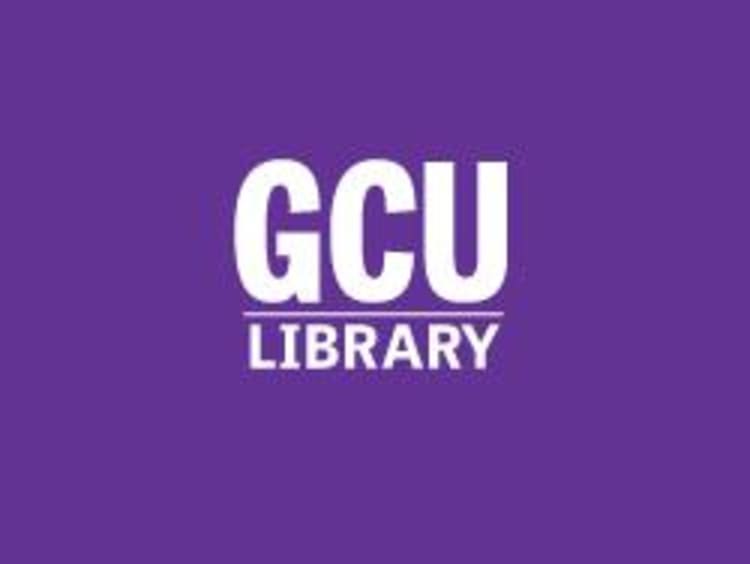Boolean Operators Revealed
By Holly Christman
MLS, Reference Librarian

When searching one of Grand Canyon University Library’s many fabulous databases, did you ever notice the small boxes labeled “AND” and wonder, “What am I supposed to do with those?”
Those are Boolean Operators and they can be a very effective tool when doing your online research. By using Boolean Operators, you can change the way the database searches for information by telling it what kind of information you want included in your results.
The Boolean operators are: AND, OR and NOT
They work like this…
For AND think: Straight and Narrow.
“AND” is the operator that will narrow down your search. Have you ever put a keyword in a database and gotten back 30,000 results? Not anymore! You can whittle down those results using the AND operator.
Example: You are writing a paper on childhood obesity and its link to diabetes. So you enter the following in your search:
“childhood AND obesity AND diabetes”
Now when you hit “search,” you will get articles that have all three keywords in the same article.
For OR think: Give Me Some More!
Have you ever done a database search and retrieved only three articles or maybe none? You will want to widen your search parameters to find more resources. In this case you would use the “OR” operator. Since we don’t know which word the author may have chosen in an article title, it is a good strategy to include synonyms of the concept into one search box, separated by OR.
Example: You know that obesity also means to be overweight or to gain weight. In order to use all of the similar words, you would enter the following all in one search box:
“obesity OR overweight OR weight gain”
This way you will get all articles that talk about obesity, being overweight or weight gain. Using synonyms for your concepts as keywords will greatly expand your search results!
That brings us to “NOT.”
For NOT think: This NOT That.
“NOT” is the operator that will exclude articles from you search results.
For example, maybe you decide you want to focus on childhood and diabetes but not insulin for your paper. In this case your search would look something like this:
“childhood AND diabetes NOT insulin”
By using “NOT” you can get rid of any terms that may throw off your search results and ensure you only get back exactly what you need. Use this operator with rarely and with caution; you don’t want to accidentally remove more from your results than you intend. Often it is best to revise keyword selection in the search strategy rather than entirely removing keywords with the “NOT” operator.
Remember these tips and you can save time and energy when doing you research! As always, if you have any questions about finding information in the library, just contact a librarian.
Happy researching!
The views and opinions expressed in this article are those of the author’s and do not necessarily reflect the official policy or position of Grand Canyon University. Any sources cited were accurate as of the publish date.


